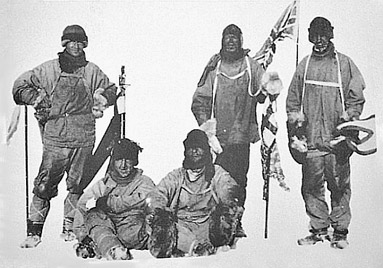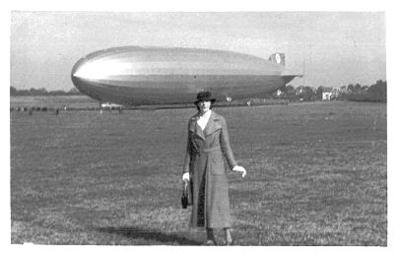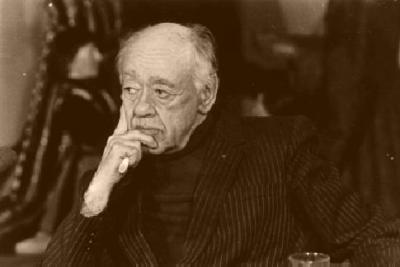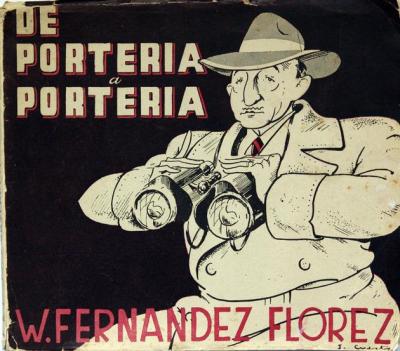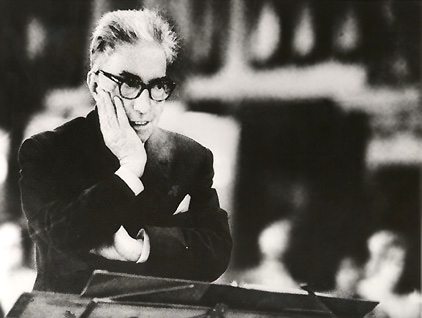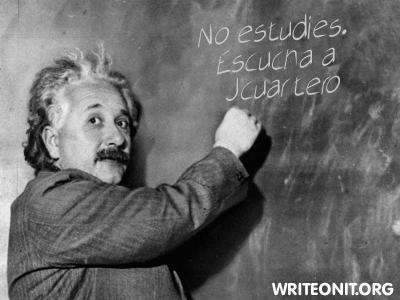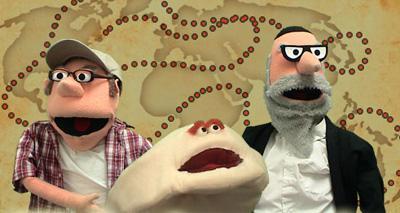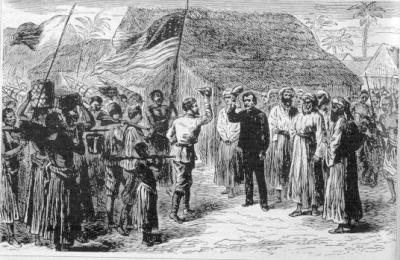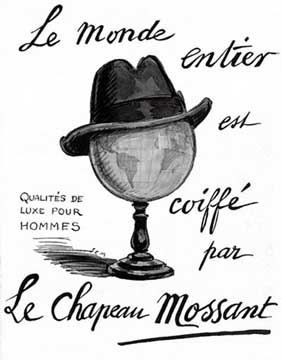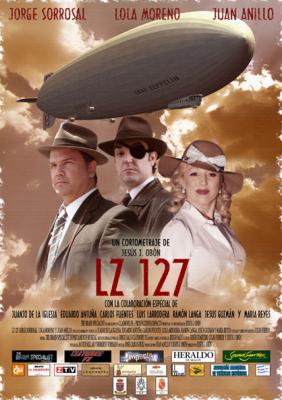In Aragon (Spain) there once lived a mighty ruler. His power extended over many cities where many Jews lived happily under his fair reign. In Saragossa, the capital city, the large Jewish community took the opportunity of showing the king their appreciation. Whenever the king celebrated some special occasion with a royal parade which passed through the Jewish quarter, the leaders of the Jewish community would go forth to meet him, carrying the beautiful cases which housed their Sifrei Torah (Torah Scrolls). The actual Sifrei Torah they would leave behind in the synagogues. All this show of honor pleased the king mightily, and all would have been well had there not been a man in the king's court who hated the Jews and resented the king's friendly feelings towards them. This man's name was Marcus, and he looked for a way of putting the Jews in a bad light and at the same time, gaining favor for himself. When by chance Marcus learned that the Jews went to meet the king carrying empty cases, leaving the holy Sifrei Torah behind in the synagogues, he felt he had found the opportunity he was looking for, and told the king about it. The king, not a malicious but neither a very clever man, was easily convinced by the sly Marcus that the Jews meant to mock him by carrying empty cases when they went out to greet him at his parades. Seeing how angry he had managed to make the king against the Jews, Marcus quickly suggested that the king give an order to have all the Jews driven out of the land or killed. However angry the king was he had not intended doing anything so dreadful to the Jews by way of punishment, so he said: "I understand they have a powerful G-d. Would He not punish me for hurting His people?" "The Jews cannot expect mercy or consideration from their G-d. Since they live comfortably under your reign, they have drifted away from their religion and do not obey His commandments," said Marcus with conviction. "But if we send the Jews out of our land won't our country suffer? After all, they pay taxes and are useful citizens." "The Jews are really so scattered about the land that you wouldn't notice their absence very much," urged Marcus. "But is it fair to punish all the Jews? What about those who are innocent?" feebly protested the king. "Your Majesty should know that they are all the same. They all stick together in all they do, and so they are all equally to blame for the disrespect they have shown you. Besides, it is the heads of the community who come out to greet you in the procession, so surely there is no excuse for them," finished Marcus, with a smile on his face, feeling sure he had won the argument. "Look here Marcus, I am indeed very angry with the Jews and agree that they must be severely punished, if what you say is true. But I want to be fair to them, for they have so far always shown themselves to be loyal subjects. At the next parade, when the Jews come out to meet me, I'll have you riding by my side. I give you the authority to open their holy cases and, if they are found to be empty, you may carry out your plan against them. On the other hand, if what you say is untrue, then the punishment will be turned against yourself. Are you prepared to accept that? I do not intend to be made a fool of myself by anyone." Marcus, who was quite sure that he had the right information, readily agreed. He was already picturing himself riding beside the king, sitting beside the king, and being second to the king in everything. The night before the royal parade, the shamash (beadle) of the main Jewish congregation in Saragossa could not fall asleep. He was thinking about the king's visit to the Jewish quarter, and he was worried. He tossed and turned and was weighed down by a dreadful feeling that something terrible was threatening the Jewish community. He felt an urge to run out and warn the heads of the community, but thought that they would laugh at him, for everything was so nice and peaceful for them. Finally he fell into an uneasy sleep. He dreamt that an old, gray-bearded, stately man appeared before him, saying: "Arise! Waste no time. Danger threatens the Jews. Hurry to the synagogue and quickly put the Sifrei Torah inside their cases. But say not a word to anyone!" Before the shamash had a chance to say anything, the vision disappeared. He quickly awoke, trembling with fright. He pulled on some clothes and ran all the way to the Synagogue, stumbling in the dark. He was certain that the man in his dream must be none other than Elijah the Prophet, and that his dream was a serious warning which he must see to without delay. What the shamash did not know was that he was not the only one to whom the prophet had appeared. All the other Synagogue beadles in the city of Saragossa had the same dream that night. They had likewise hurried to their synagogues and secretly put the Sifrei Torah inside their cases, anxiously awaiting developments. The following morning, the sound of the trumpets was heard in the city, heralding the beginning of the royal parade. As always, the heads of the Jewish community went out to meet the king. As the royal carriage stopped for the king to receive the greetings of the heads of the Jewish community, Marcus, who was sitting by the side of the king said: "Your Majesty surely wishes to see what is inside these things that the Jews are carrying." "Of course. Open the cases!" ordered the king. The Jews were horrified at the unexpected request. What would the king say, or do? They had no choice but to obey, so, with sinking hearts they opened up the cases and, to their wonderment and relief beheld the Sifrei Torah inside, for all to see. The king seemed quite surprised. As for Marcus, the look of expectancy and triumph disappeared from his face, which had now turned pale with fright. He tried to speak, but no words came. Instead, the king burst upon him in rage. "Traitor! Deceiver! This time you have outsmarted yourself and you shall suffer the penalty of your own vicious scheme! Have him hanged immediately!" the king ordered, and the scheming Marcus received the end he so richly deserved. As for the Jews, the king declared publicly that he had every confidence in their loyalty. As a sign of his goodwill towards them, he ordered that they be freed from paying taxes for the next three years. When the Jews learned the full story of their narrow escape, their relief and joy can better be imagined than described. They all humbly thanked G-d for His benevolence towards them and resolved to serve Him with greater devotion in the future. They also decided to observe the 17th and 18th days of Shevat as days of prayer and joyous thanks to the Almighty, so that their children and future generations would remember the story of how they had been miraculously saved from destruction at the hands of a cruel enemy. This, then, is the story of the Purim of Saragossa. | 